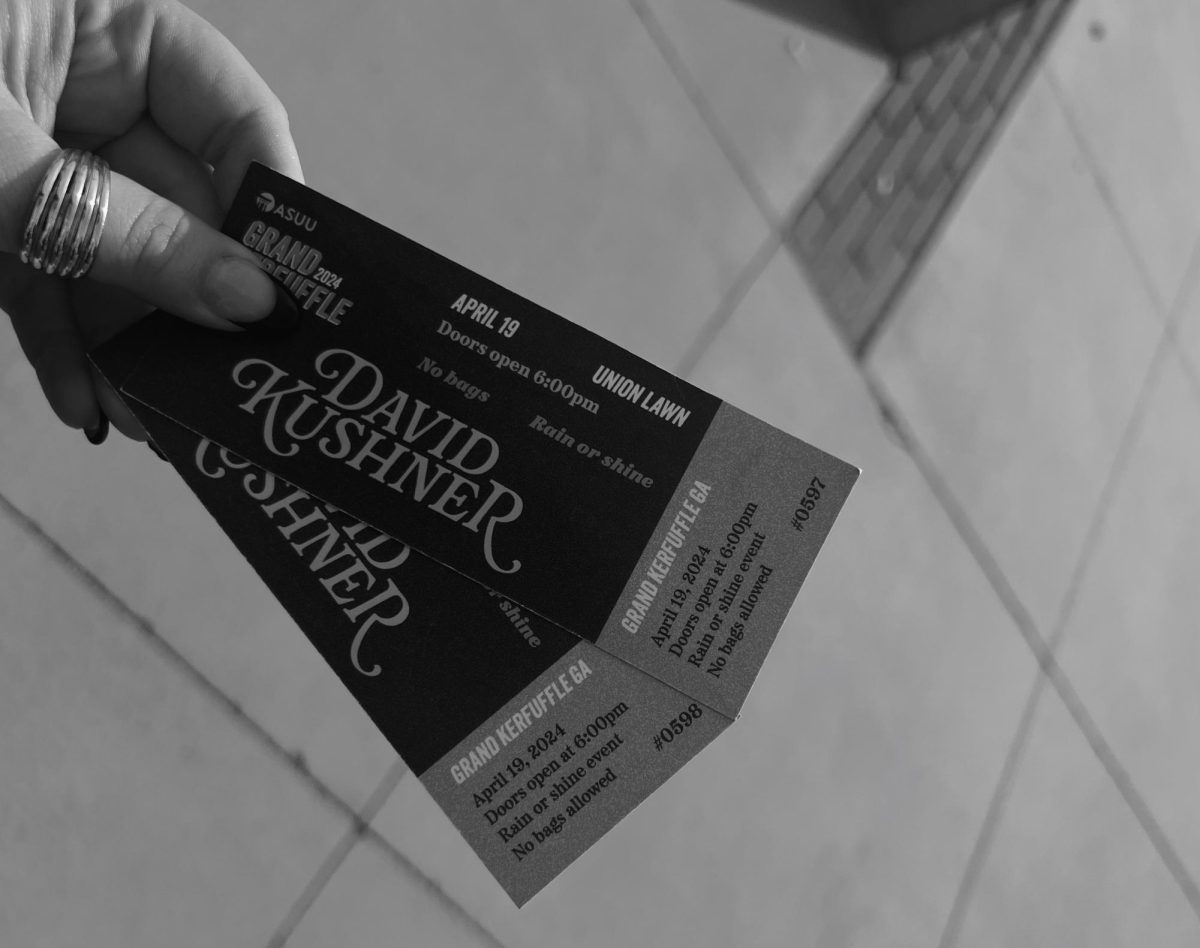[vc_row][vc_column][vc_column_text]
As college students, we go through a fair amount of professors. Some of them light fires of academic inspiration and enthusiasm within us, making us want to learn and work hard for them. Then there are others who essentially ruin the idea of an advanced education by making us wonder why we even bother attending class. So, what makes a good professor, and how can we handle the bad apples?
All too often, students seem to associate a “good” professor with an “easy” professor. I disagree. A good professor is one who cares enough about his or her students to challenge them – to purposefully and genuinely push them to do better. It seems as though a lot of professors don’t put in the effort to create an intellectually demanding and engaging environment. Granted, this shortcoming may not be entirely the professor’s fault. They could feel a sense of discouragement if their students don’t come to class upbeat and enthused to learn and work, or show up at all, for that matter. I do, however, think that a good professor should know how to overcome such a negative class attitude. By engaging students with a discussion that isn’t strictly driven by the textbook material, but also incorporates information that is relevant and current, professors can infuse more energy, excitement and entertainment into their lectures.
In my opinion, a good professor doesn’t give “free passes,” but also isn’t unreasonable or ruthless. It seems as though some professors tire of the non-stop begging for exceptions from students who, while they won’t admit it, stay up too late with their Tinder dates and fail to make it to class, or who show up too exhausted to contribute to the learning environment. Legitimate things do come up and it is reasonable for professors to give a little wiggle room here and there for those who truly need it
Other attributes that I appreciate in a professor are good organization and clear communication – traits that are often overlooked because it does take more effort on a professor’s part to exercise these qualities. Organization makes it much easier for students to complete their work because there are fewer questions and misunderstandings going into an assignment. Routines are more easily developed with a set, consistent and predictable schedule, which makes studying and test preparation less difficult for students. Making it clear what a professor is looking for from their students, and then making sure they fully understand, is very helpful in limiting confusion. I also think students are more likely to complete their work and prepare for tests properly when they are sure and confident in what they are doing, which makes learning more efficient and effective in the long-run.
How do you handle the professors who do not have these “good professor” qualities? While they will always be difficult to tolerate, I do have some tips. First, do your best to develop a relationship with that professor. While you really should do this with all professors, it becomes much more helpful when dealing with a “bad” professor because their treatment of you may be different in, say, an office-hour environment. If they don’t teach well with a large, unexcited and uninterested class, they may do better in a one-on-one environment with a student who is showing genuine concern and care for their subject and class. Second, ask questions when you have them. Force your professor to clarify and expand. Be that engaged student who cares. It will make the class much easier to go through, for you and your professor both. If you feel too tired for this kind of effort, or your professor is just that boring, take a bag of grapes and stand at the back of the classroom while you listen to the lecture. It’ll show you’re trying, and it’ll keep you from facing the consequences of wasting an entire class session because you were sleeping.
[email protected][/vc_column_text][/vc_column][/vc_row]











